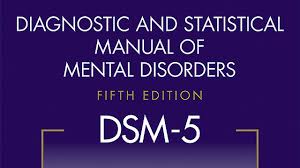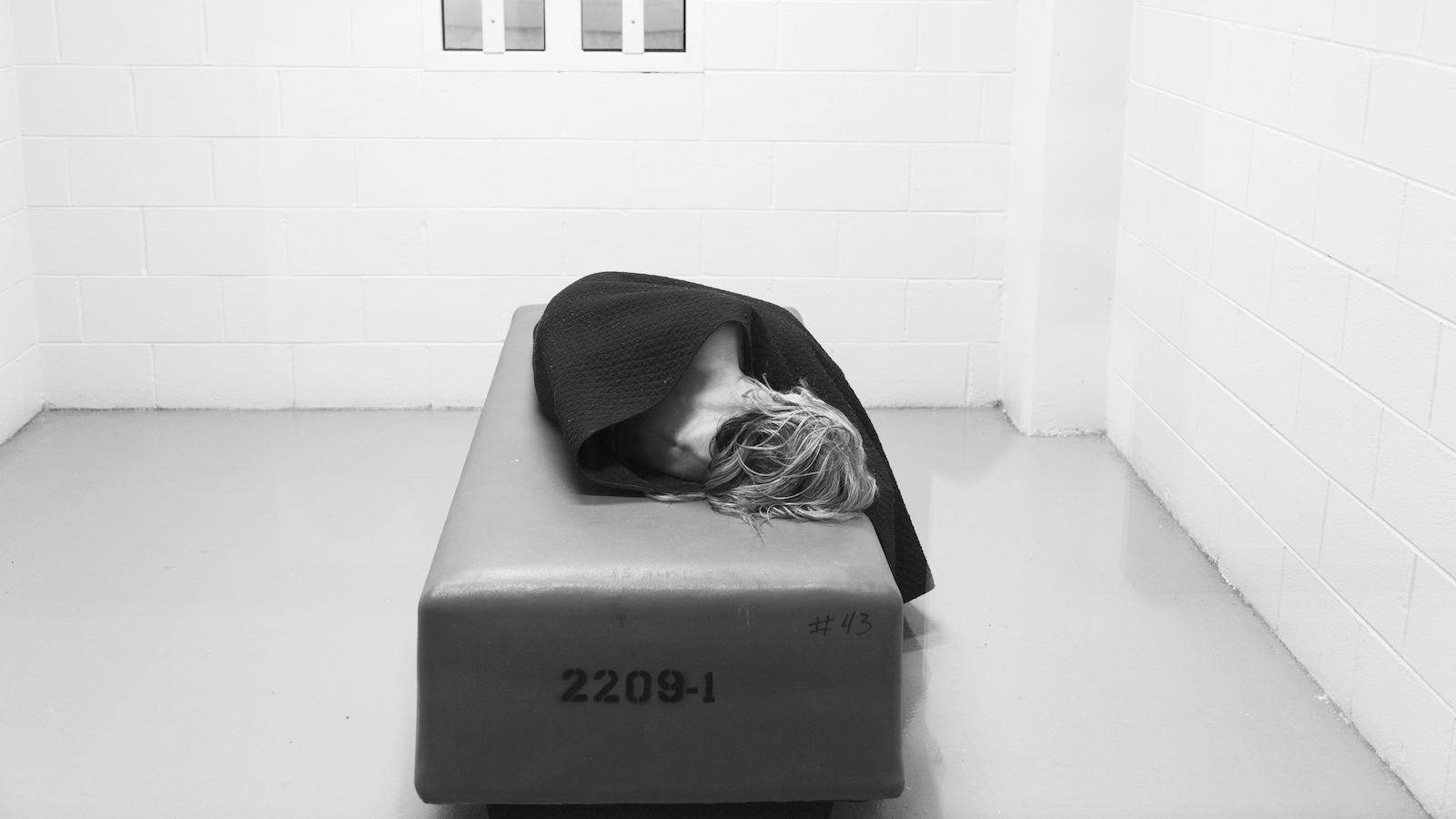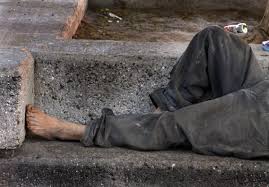
(10-7-19) The neighbor asked the judge for a restraining order against the man who lived next door.
He was video taping everyone. Each time he stepped outside, he had a camera and recorded whoever crossed his path, including children. He became fixated on her. If she left her house, he appeared with his camera. She couldn’t go on a walk without being followed. Couldn’t visit the grocery store.
It got to be too much. She suspected he was mentally ill. The judge did too. He issued a restraining order for one year.
The judge asked: How could this matter have been handled better?
Mark Gale, Criminal Justice Chair for the NAMI Los Angeles County Council, and I struggled to answer.
We were speaking at a judge’s conference in Palm Springs, California, arranged by San Bernardino Presiding Judge John P. Vander Feer. We were taking questions after telling the judges about jail diversion, Crisis Intervention Team training, and problem solving courts. Mark has a son with a serious mental illness who has been entangled in the criminal justice system but now is doing well. Mark is also one of the smartest and most knowledgeable criminal justice advocates I’ve met.
Other civil court judges in the audience quickly joined their fellow jurist in recounting their experiences in civil courts with individuals who were showing symptoms of a mental illness. (Usually, someone was seeking a restraining order against the ill person.)







